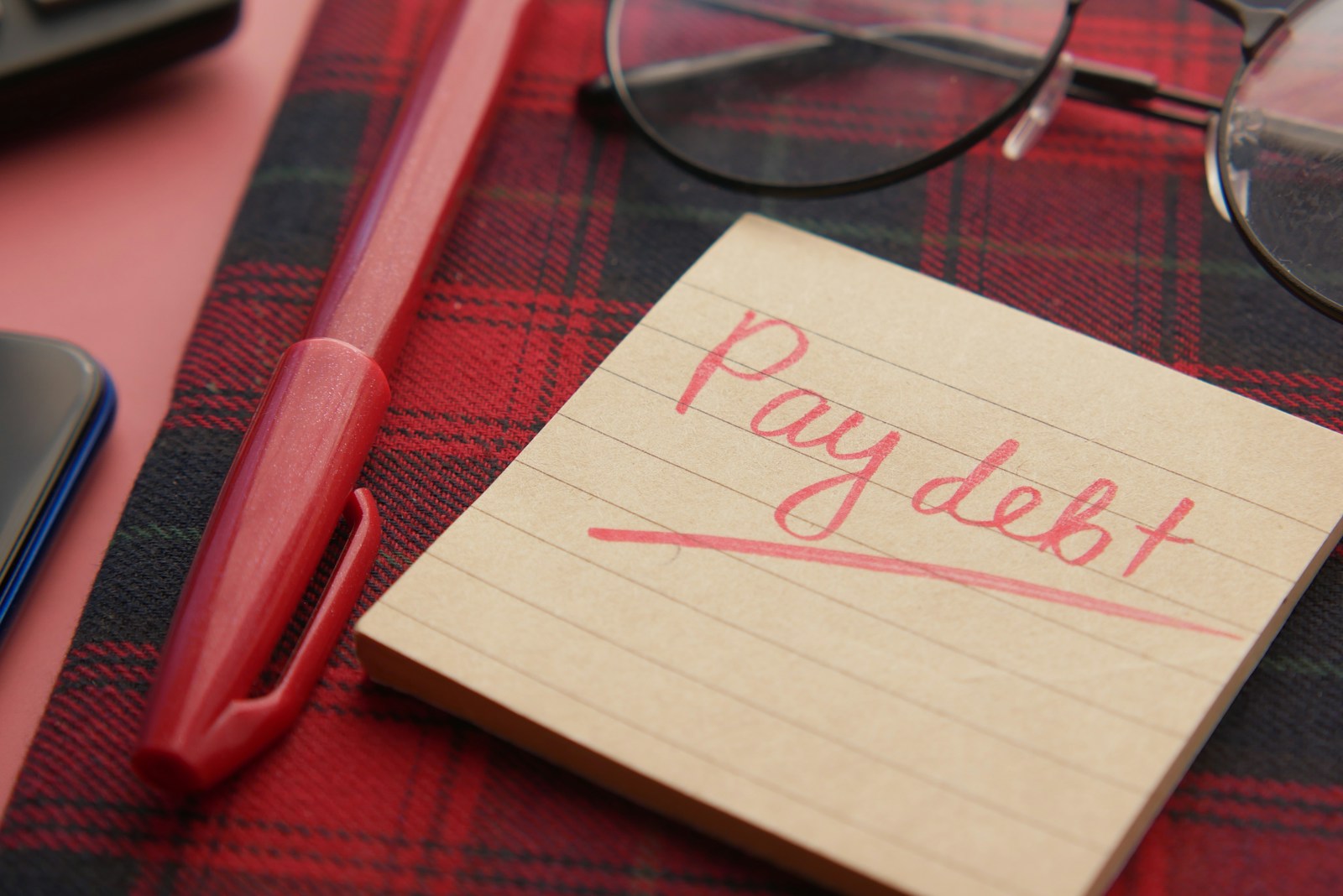If you’re in a load of debt, you’re certainly not alone.
With recent financial crises, many people have been forced to live off of debt over the short term.
Which can quickly add up to tens of thousands of dollars’ worth of debt.
Whether you’re in credit card debt, medical debt, or a large line of credit secured by your home, you may be wondering if it would be a wise idea to sell your long-term assets to pay off your debt.
Sometimes, this can be a good idea, but sometimes it has terrible unforeseen consequences.
Here are some things you need to think about:
What put you in this situation?
One of the first things you should analyze is what put you into this situation. According to Consumer Reports Magazine, about 13% of consumers carry credit card balances of over $10,000.
Some of those consumers are carrying high balances because of one-time catastrophic events, such as a period of time where they had no income or because of a long hospital stay that came with extra non-medical expenses. Others, though, are in a high-debt situation because they simply have horrible spending habits that are out of control.
If you’re in a tough financial situation because of a one-time event, selling off at least some of your assets to pay down your debts can be a good idea because chances aren’t likely that you’ll simply rack up the same debt all over again.
If the problem is your spending, however, selling your assets to pay for your debts could just trap you in a repeating cycle of overspending, leaving you with no retirement savings, life insurance, or other major assets.
If you’re in the second situation, you may need to seek financial counseling to get your spending habits under control before you cash out assets to pay for your debts.
What would the effect be on your everyday finances?
Sometimes it’s tempting to sell assets to pay down large debts just to see that debt number drop. But it’s not a great idea of the paying down of those debts isn’t enough to change your month to month financial situation and to free up some cash for saving or paying down further debts.
If you can cash out a life insurance policy or take money from retirement savings to pay down an entire credit card, that could be a consideration because you’ll have the money you were once throwing towards minimum payments back in your budget every month.
However, using assets to pay down $50,000 of a $100,000 mortgage, though it would reduce your overall debt, wouldn’t change your monthly mortgage payments, so it’s not a great idea.
What would be the tax consequences and other long-term consequences?
Don’t forget that you’ll also need to look at the tax consequences. You could have to pay penalties if you withdraw from your 401(k), for instance. Also, cashing out a bunch of money could put you in a higher tax bracket for the following tax year, which could result in taxes you have difficulty paying.
If you’re considering cashing in your whole life insurance policy, be careful. You may deal with surrender charges on the insurance, and you’ll also leave your dependents without protection in case something happens to you before you can pick up a new life insurance policy.
Besides that, cashing out your assets, especially your retirement money, makes it hard to catch up over the long term. If you’re getting close to retirement, it may be better to simply chip away at your debts month by month rather than cashing out your retirement funds and scrambling to play catch-up down the road.
What other options do you have?
Many people turn to the idea of cashing out assets and investments to pay down their debts because it seems like the simplest, most efficient solution. While it is probably the quickest way for people to pay off medical or credit card debts, it’s definitely not the smartest option for everyone. Before you go this route, look at your other options. Here are a few:
- Try transferring your balances. If you’re dealing with high interest credit card debt, check out balance transfer credit cards, which usually helps get a low interest rate and lower your monthly minimum payments. Once your monthly minimums are lowered, you can start paying down the principle balance rather than just paying the interest on the debt.
- Consider financial counseling. If you have trouble with constant overspending and getting out of hand with your budget, consider meeting with a financial counselor who can help you get your spending in check. It may mean taking some tough steps, such as creating a tight budget, or even getting a second part-time job to pay down your debts, but it will be worthwhile in the long run.
- Snowball your debts. If you’re already fairly good at managing your month to month finances but aren’t sure how to effectively pay down your debt, try the snowball method. Pay the monthly minimums on all your debts every month, and then put any extra money you can come up with towards the debt with the highest interest rate. Once that debt is paid off, you’ll put the minimum payment you were paying toward it plus your extra cash towards the debt with the second-highest interest rate. By the time you get to the last debt on your list, you’ll be throwing huge wads of cash at your debt month after month, paying it off very quickly. This method is particularly effective when combined with a balance transfer credit card and a solid monthly budget.
As always, you should talk to your personal financial advisor who will be able to take into account your individual circumstances.

Leave a Reply